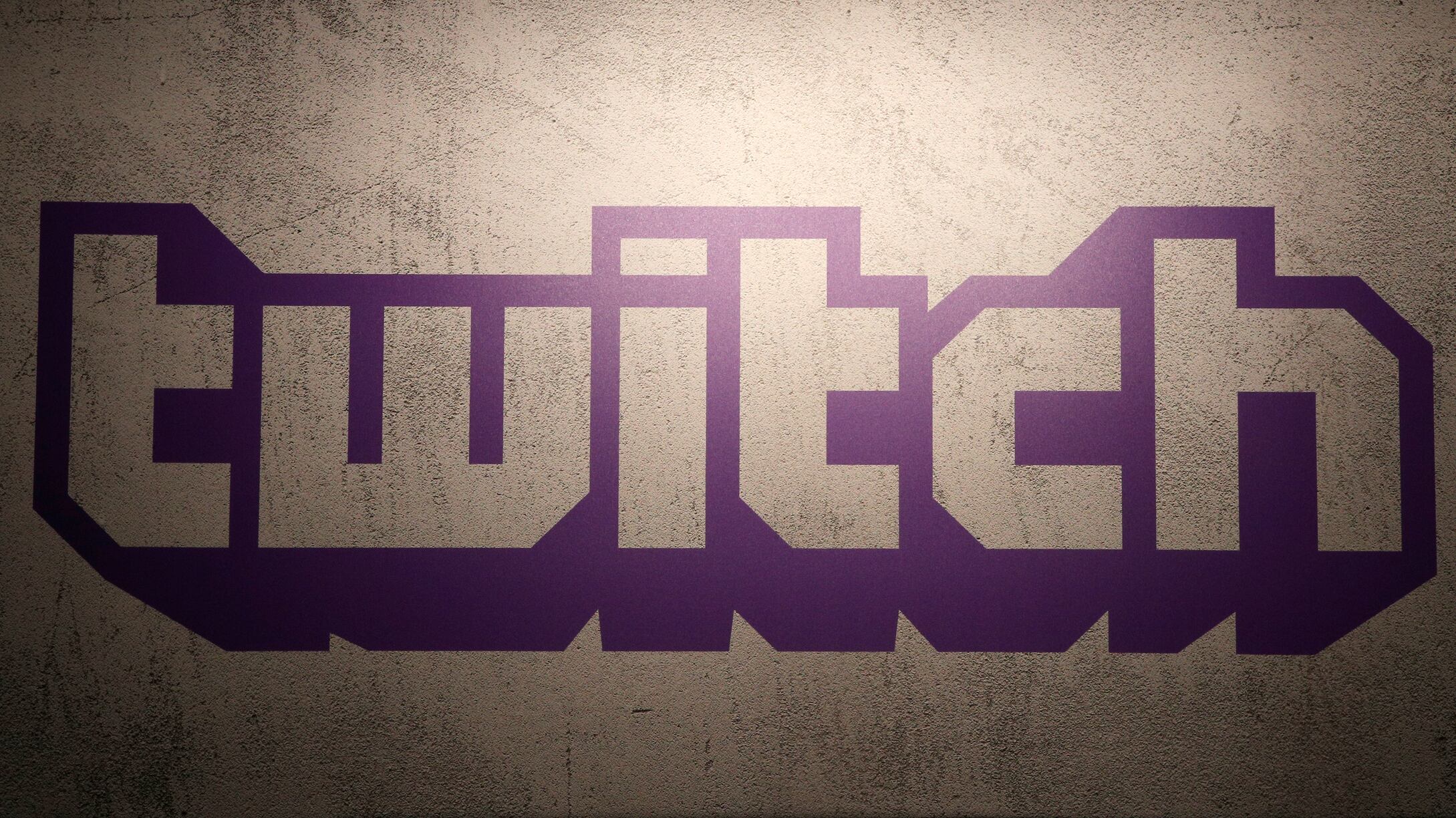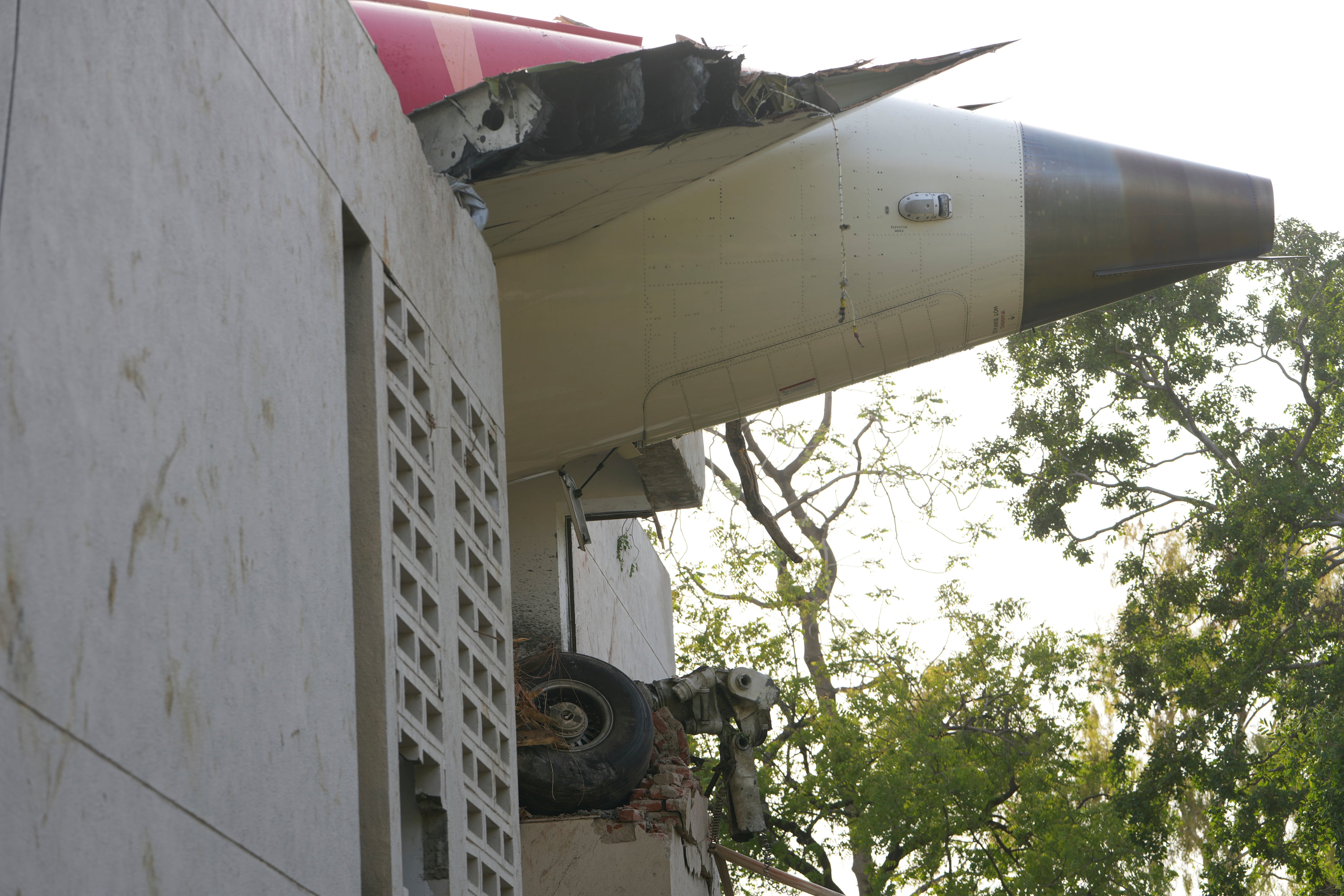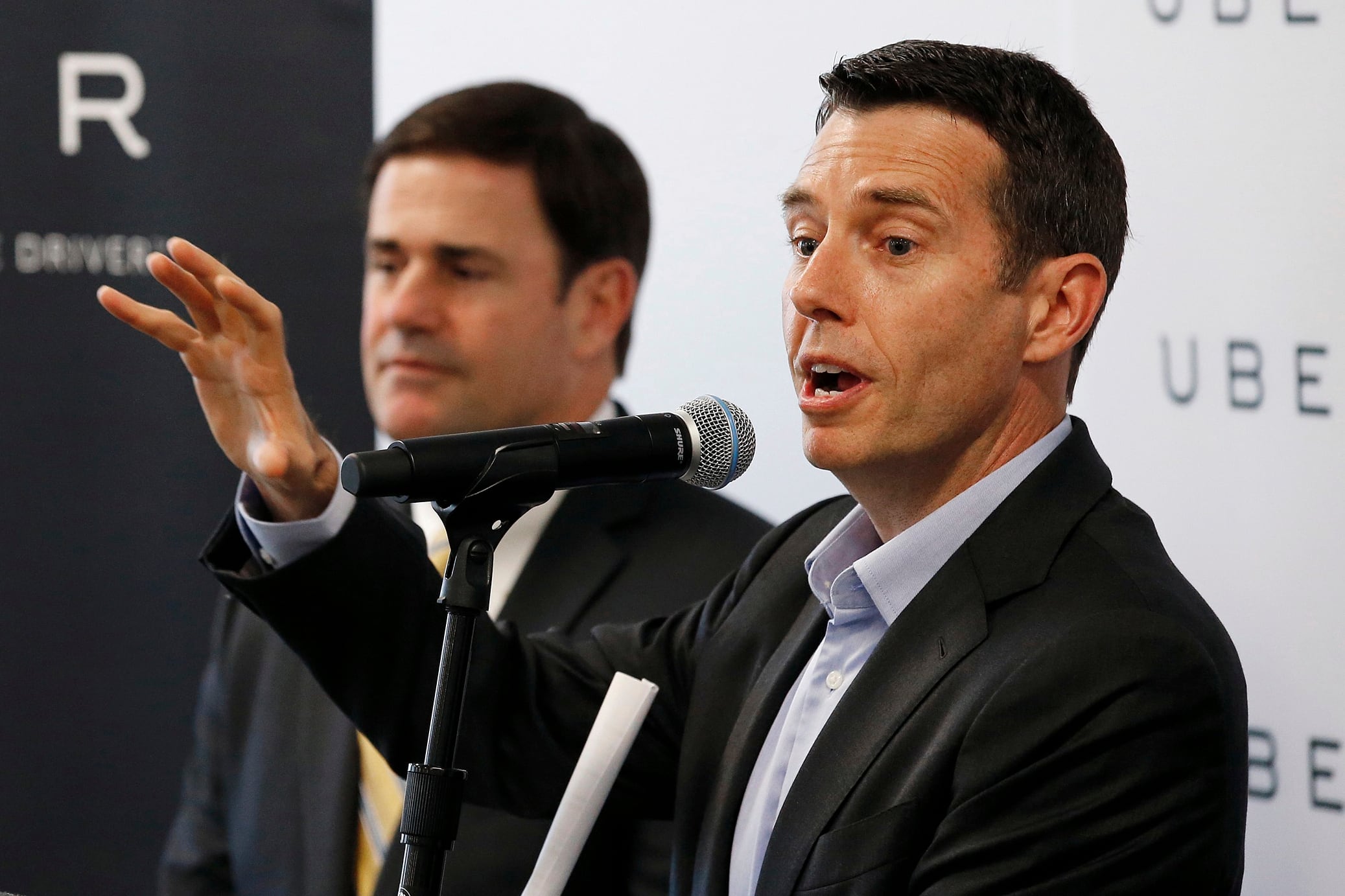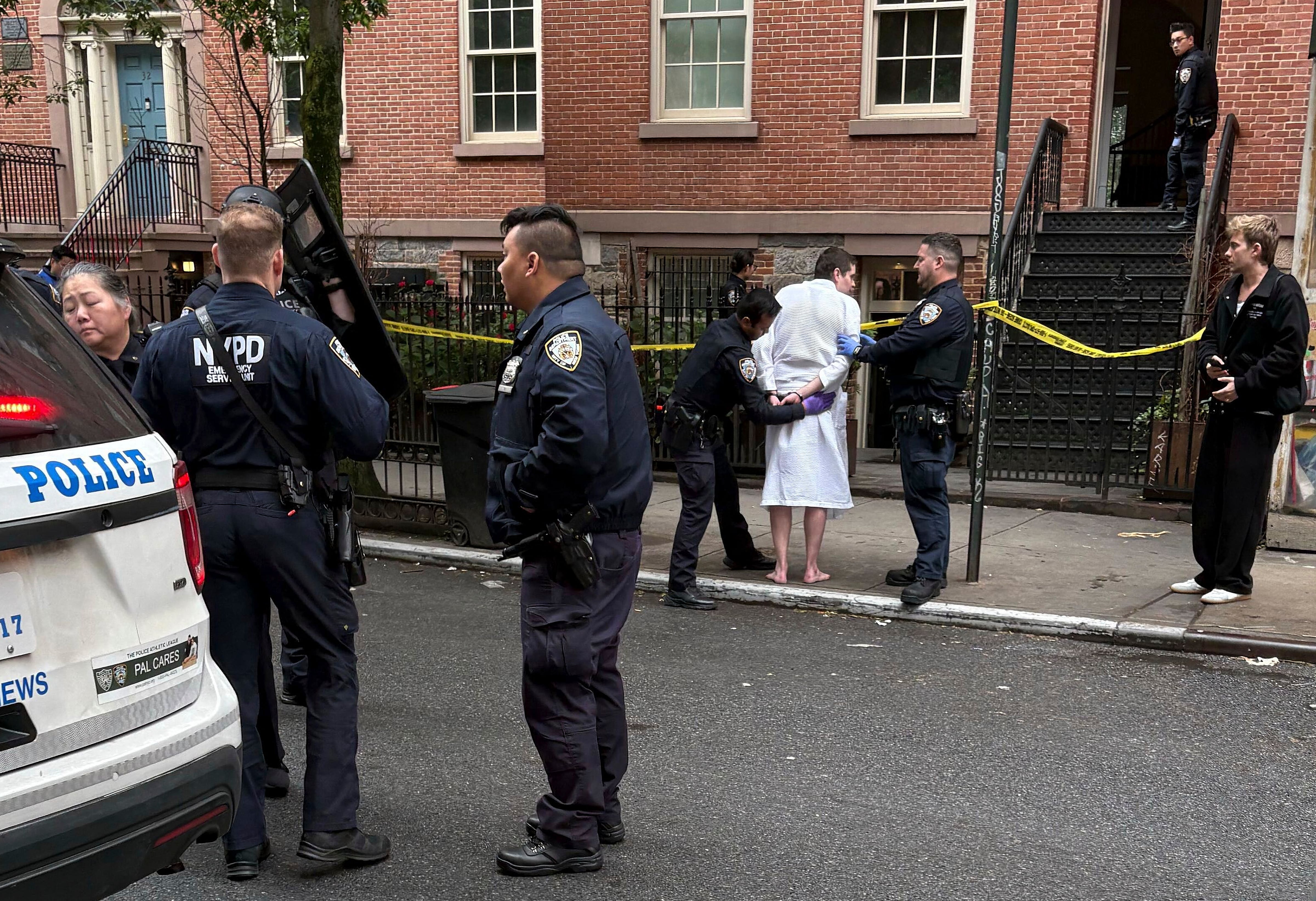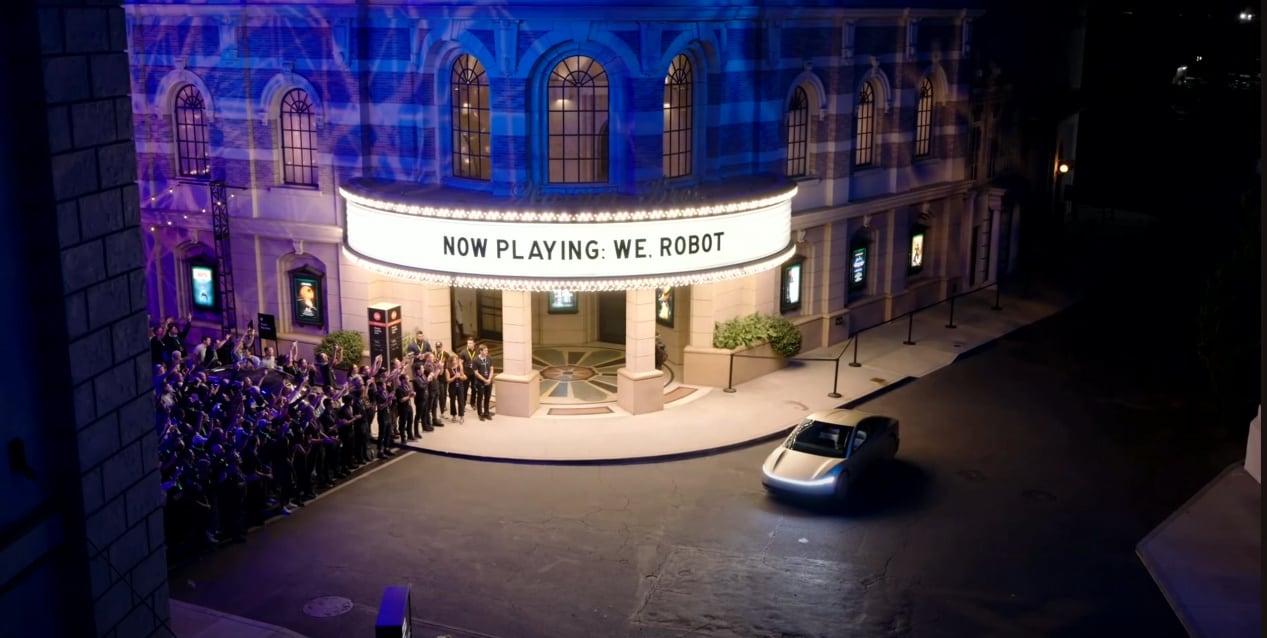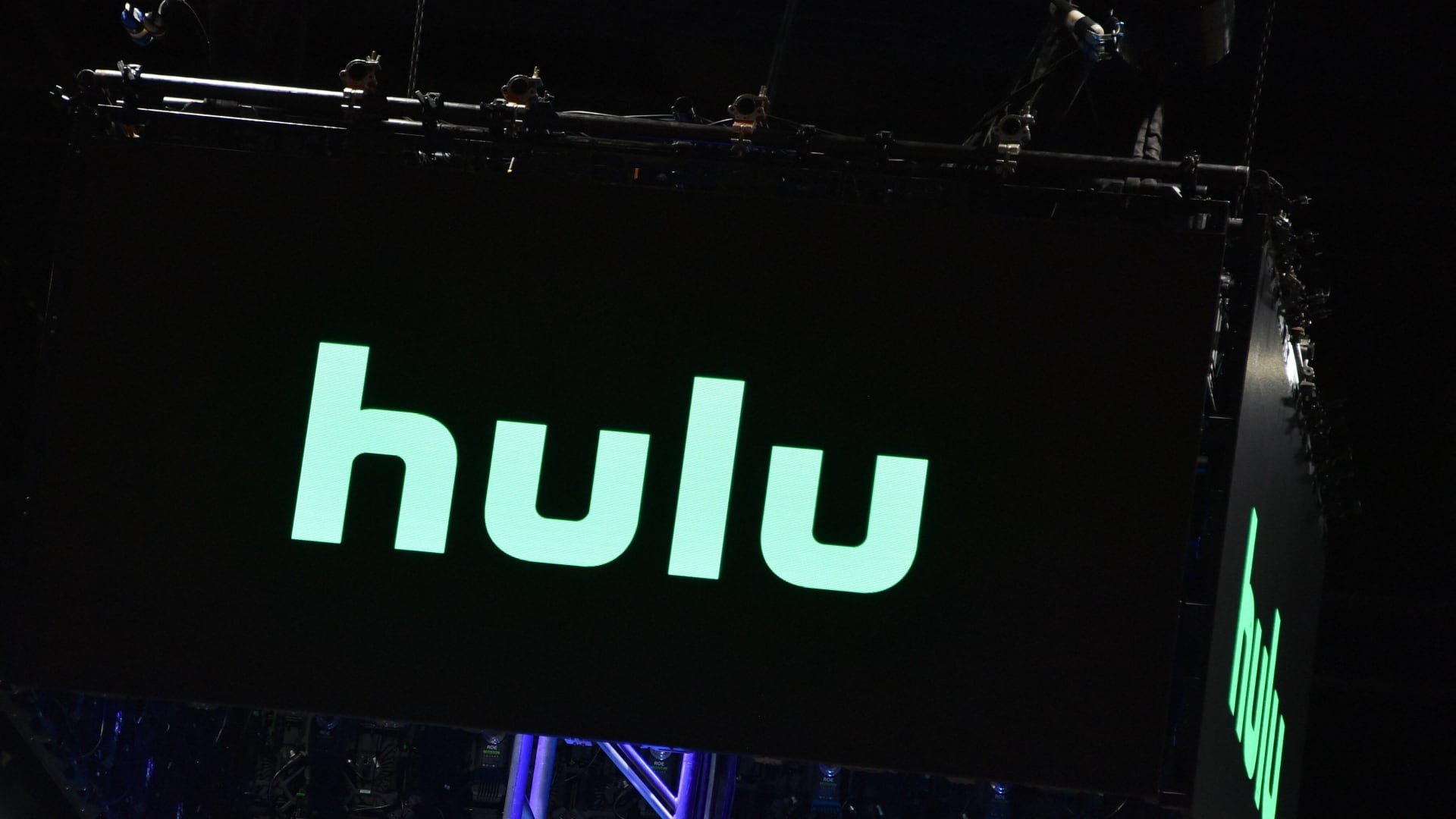Twitch, the video game streaming platform acquired by Amazon a decade ago for close to $1 billion, is laying off more than 500 employees as the company tries to turn the tremendously expensive division profitable.
Twitch CEO Dan Clancy in an email to employees said that even with cost cuts and growing efficiency, the platform “is still meaningfully larger than it needs to be given the size of our business.”
“For some time now the organization has been sized based upon where we optimistically expect our business to be in 3 or more years, not where we’re at today,” Clancy wrote.
Amazon purchased Twitch Interactive in 2014 for $970 million as it looked for a way to take part in video gaming’s growth as an online spectator sport.
Twitch is a multi-channel online network built for a generation of people raised with video games and like to watch some of the best gamers in the world as many people watch professional sports.
Last month Twitch, based in San Francisco, said that it was withdrawing from the South Korean market due to expensive network fees. Clancy said at the time that the network fees the company has been paying to South Korean internet operators were 10 times more than in most other markets. He did not provide specific numbers to back such claims.
“As you all know, we have worked hard over the last year to run our business as sustainably as possible," Clancy wrote. “Unfortunately, we still have work to do to rightsize our company and I regret having to share that we are taking the painful step to reduce our headcount by just over 500 people across Twitch.”
Amazon has cut thousands of jobs after a hiring surge during the pandemic. In March, Amazon announced that it planned to lay off 9,000 employees. That was on top of the 18,000 employees the tech giant said that it would lay off in January 2023.
Job cuts are occurring elsewhere in the company this week.
Amazon is cutting several hundred positions across its Prime Video and MGM Studios unit. Mike Hopkins, senior vice president of Prime Video and Amazon MGM Studios, said in a note to employees that the company is boosting investment in areas with the most impact, while stepping back from others.
